Non Solicitation Letter Template for Business Protection
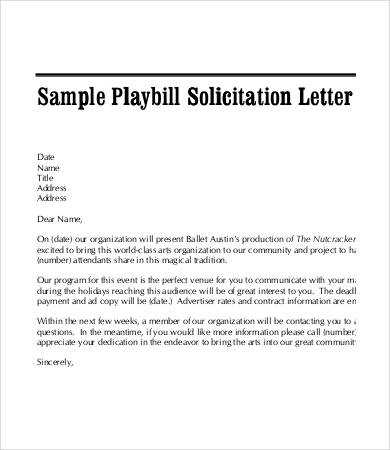
When working with partners or employees, it’s essential to have clear agreements that protect your company from potential risks. One crucial document that can help safeguard sensitive information and prevent unwanted competition is an agreement that limits former associates from approaching your clients or employees after the relationship ends. This type of agreement ensures that your business interests remain secure and prevents others from capitalizing on your relationships or strategies.
Why Such Agreements Are Important
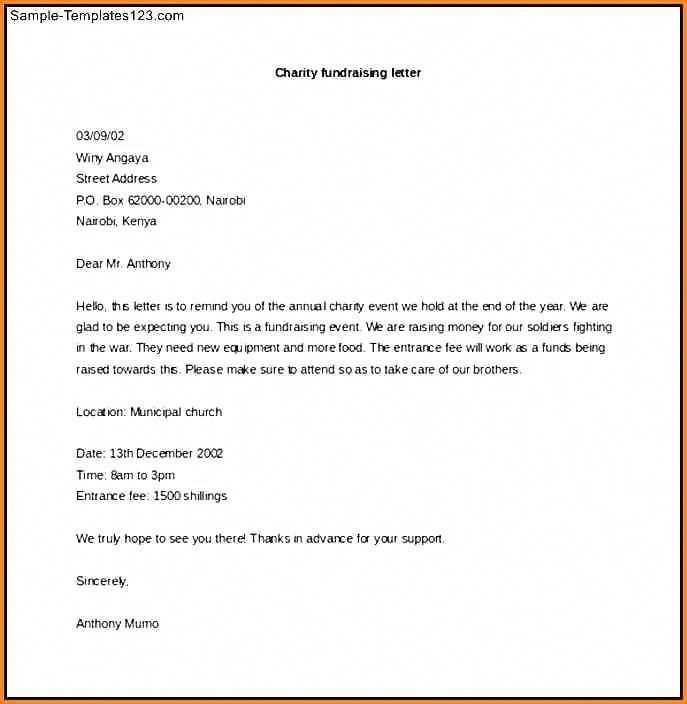
Business relationships often involve sharing confidential data, client lists, or proprietary methods. Without proper protection, competitors could take advantage of these insights once the collaboration concludes. This agreement ensures that key contacts stay loyal to your organization, preventing them from being poached or tempted to share valuable knowledge elsewhere.
Key Features to Include
- Duration: Specify how long the restrictions apply after the relationship ends.
- Scope: Define which actions are restricted, such as contacting certain clients or employees.
- Geographic Limitations: Identify the areas or markets where the restrictions will be effective.
When to Use Such an Agreement
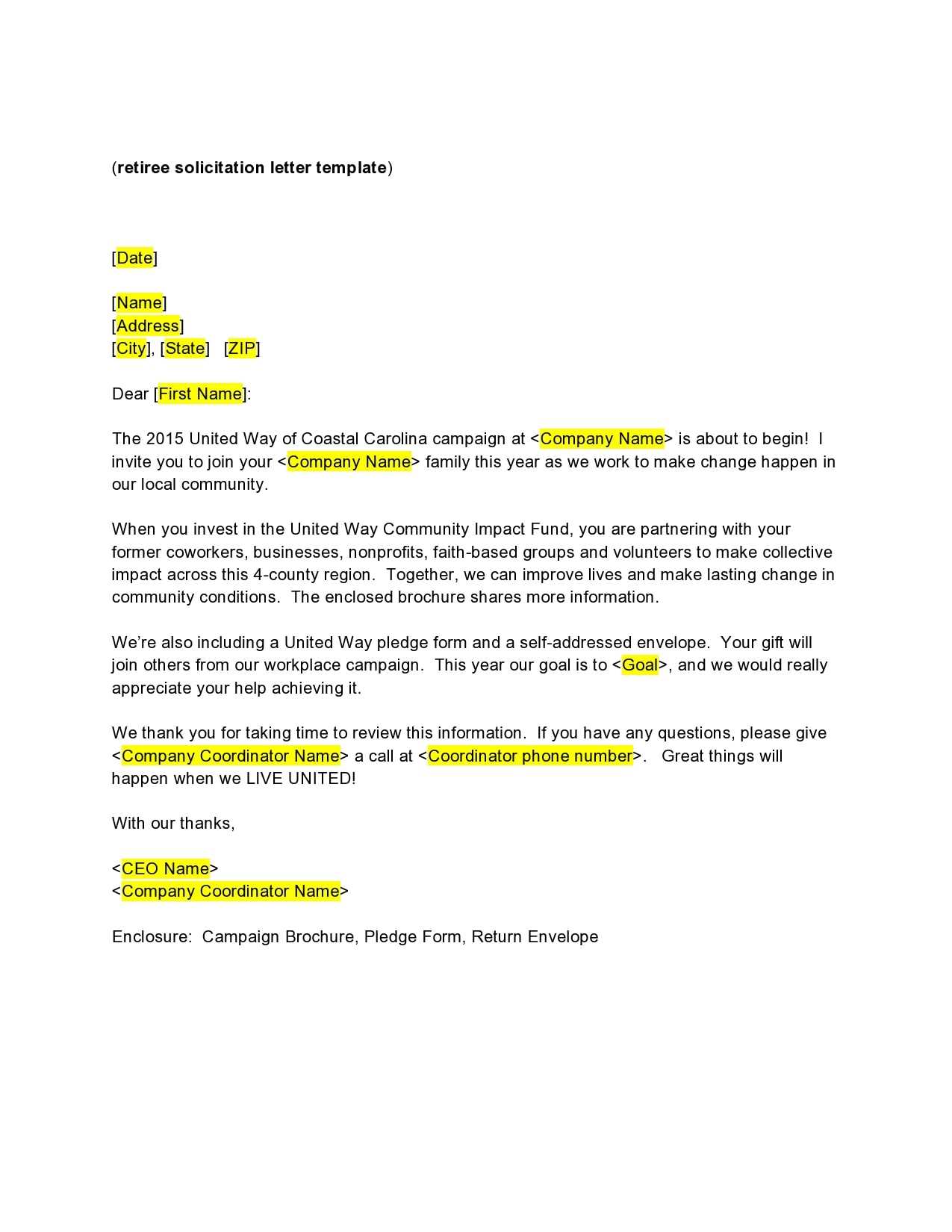
This type of agreement is especially useful when transitioning from one business partner to another, or when employees move on to other opportunities. It ensures that your organization’s interests are protected for a specified period, preventing any potential conflicts or misuse of confidential information.
Crafting the Document
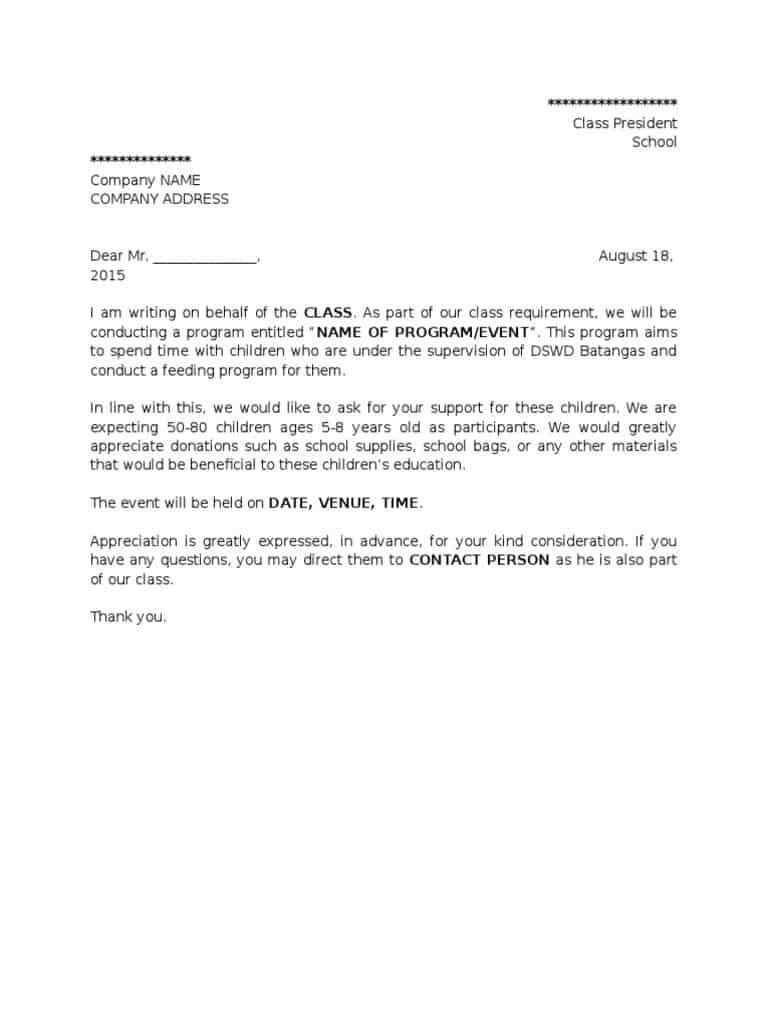
When drafting this agreement, it’s crucial to be precise. The language used should clearly outline the expectations of both parties. Avoid vague terms that could lead to misunderstandings. Consulting with legal professionals can ensure that the document is enforceable and tailored to your specific needs.
Common Pitfalls to Avoid
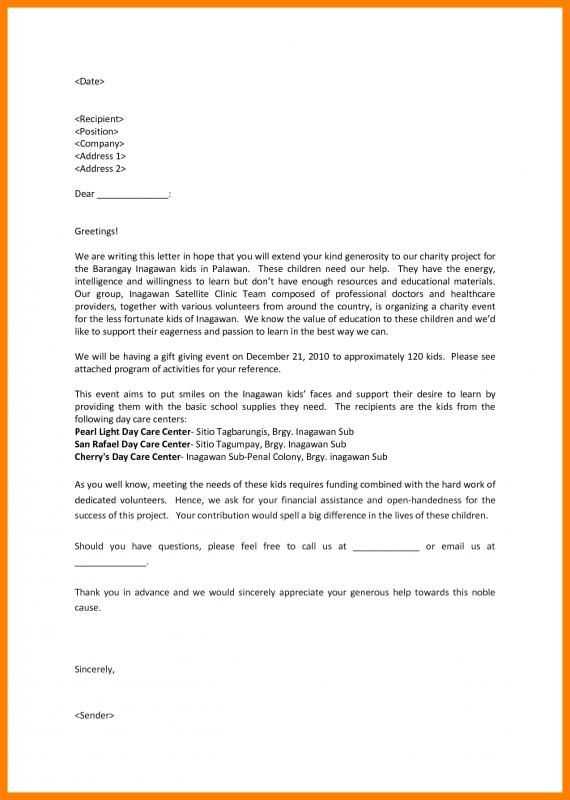
- Ambiguity: Ensure that the terms are clear and specific to avoid confusion.
- Unreasonable Restrictions: Don’t impose overly broad or unfair limitations that could make the agreement unenforceable.
- Ignoring Local Laws: Be aware of the legal requirements in your jurisdiction to ensure the document complies with local regulations.
By carefully crafting a well-defined agreement, you can protect your company’s vital interests and relationships. A clear and enforceable agreement not only safeguards your business but also promotes a professional relationship with your associates, ensuring that mutual respect and fair practice are maintained.
Understanding Protective Agreements for Business Relationships
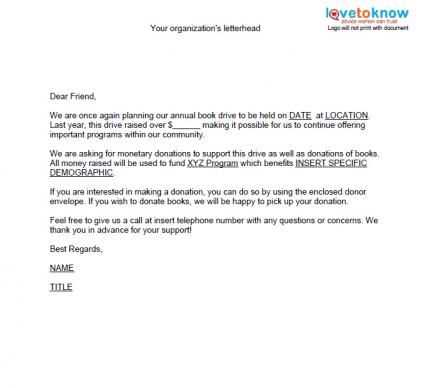
When entering into business relationships, it’s important to establish clear boundaries to protect your company’s assets and interests. Such agreements help prevent partners, employees, or contractors from exploiting sensitive information, using proprietary knowledge, or engaging with your clients in a way that could harm your organization. These legal documents serve to safeguard your hard-earned connections and strategies, offering a level of security once the professional relationship has ended.
Why It Is Crucial to Protect Your Business
Business connections often involve sharing valuable information, strategies, and access to important networks. Without an agreement in place, these relationships may be at risk once individuals transition to new opportunities. The protection offered by a well-drafted agreement ensures that sensitive data remains confidential, preventing others from leveraging your established client base or competitive advantage. This can ultimately preserve your business integrity and competitive edge in the market.
Essential Components of a Protective Contract
A comprehensive protective contract should include several key elements to be effective. These elements typically cover the duration of the restriction, geographical limitations, and specific actions that are prohibited. By defining these terms clearly, both parties understand the scope of the agreement and the consequences of violating its terms. A clear and concise contract minimizes misunderstandings and establishes a mutual understanding of business boundaries.
Understanding when to implement such an agreement is just as important as the agreement itself. Knowing how to draft one properly ensures it will be legally enforceable and will effectively protect your business interests. Additionally, recognizing common pitfalls and addressing them in the contract can prevent future complications. Legal compliance is critical to ensure that the document remains valid and stands up in a court of law, if necessary.